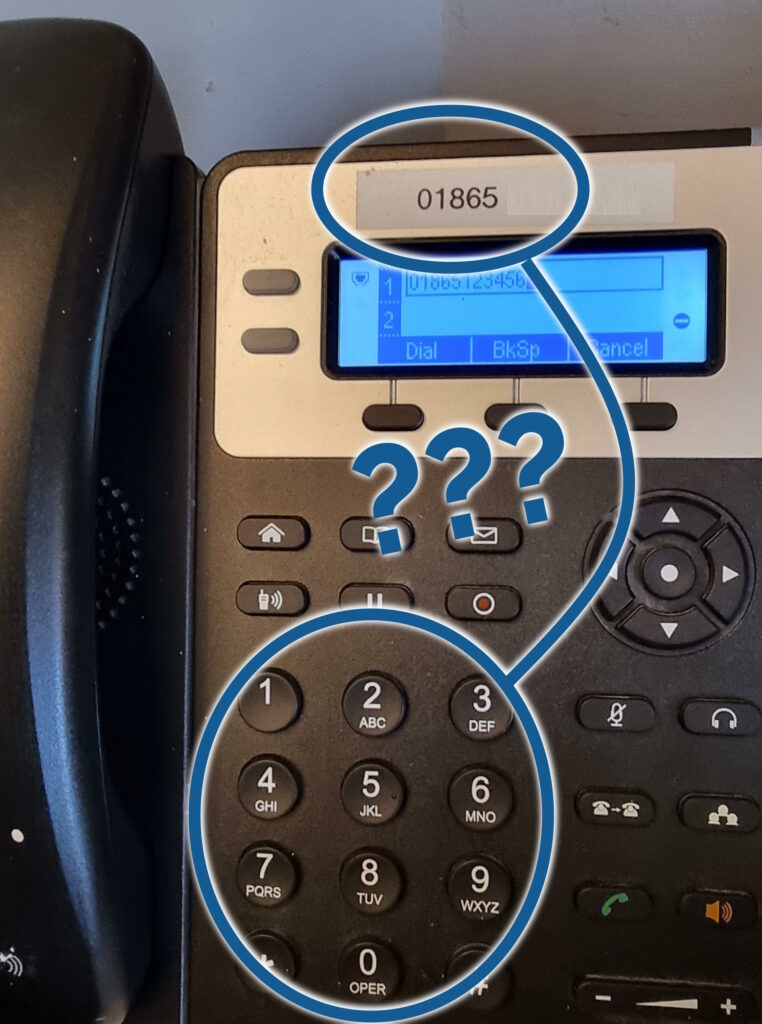Bitterly cold and starkly beautiful, this morning: West Oxfordshire is blanketed in an impenetrably thick freezing fog.
It’s quite pretty, though I’m regretting not bringing my gloves out with me!
Oxford Station. Catching a train to Manchester for a get-together in memory of the Nightline Association, which will sadly be closing this year (although individual Nightlines will doubtless soldier on just as they did before the Association).
Carrying a big ol’ bag of Three Rings swag to give to basically anybody who expresses even the slightest interest. 😅
Three Rings has been supporting Nightlines since before the Nightline Association and nowadays underpins voluntary work by hundreds of other charities including helplines like Samaritans and Childline. Feeling sad that the Nightline Association is going away and looking for a new and rewarding way to volunteer? Come chat to me!
Here in Oxfordshire we’re nowhere near the epicentre of Storm Darragh, but we’re still feeling the effects. A huge tree came down and blocked the Thorney Leys road in Witney near Burwell Meadow and the kids and I needed to take an ad-hoc diversion.
🤞 Fingers crossed for all my friends and family in worse-hit places!
Sometimes you just gotta have exactly the right prop for a presentation…
Ever wondered why Oxford’s area code is 01865? The story is more-complicated than you’d think.

I’ll share the story on my blog, of course. But before then, I’ll be telling it from the stage of the Jericho Tavern at 21:15 on Wednesday 17 April as my third(?) appearance at Oxford Geek Nights! So if you’re interested in learning about some of the quirks of UK telephone numbering history, I can guarantee that this party’s the only one to be at that Wednesday night!
Not your jam? That’s okay: there’s plenty of more-talented people than I who’ll be speaking, about subjects as diverse as quantum computing with QATboxen, bringing your D&D experience to stakeholder management (!), video games without screens, learnings from the Horizon scandal, and whatever Freyja Domville means by The Unreasonable Effectiveness of the Scientific Method (but I’m seriously excited by that title).
Anyway: I hope you’ll be coming along to Oxford Geek Nights 57 next month, if not to hear me witter on about the fossils in our telecommunications networks then to enjoy a beer and hear from the amazing speakers I’ll be sharing the stage with. The event’s always a blast, and I’m looking forward to seeing you there!
There are two junctions at which I can join the A40 trunk road from my house. When I drive East, I use the Easternmost of the two; when I drive West, I use the Westernmost; but I almost never drive the stretch of road between them!
A few years ago I generated heatmaps of my movements based on my long-running personal location log and, indeed, it shows a “cool spot” along this section of road too:
It’s inevitable I suppose that there should exist a “road (segment) less-travelled” right on my doorstep, but it still feels strange. Like when you live near a tourist attraction that you never get around to visiting. Except instead of a tourist attraction, I live near a major highway I rarely use.
Maybe I’m missing out on something great. Probably the commuters who use that road to get into and out of Oxford don’t think so.
The week before last I had the opportunity to deliver a “flash talk” of up to 4 minutes duration at a work meetup in Vienna, Austria. I opted to present a summary of what I’ve learned while adding support for Finger and Gopher protocols to the WordPress installation that powers DanQ.me (I also hinted at the fact that I already added Gemini and Spring ’83 support, and I’m looking at other protocols). If you’d like to see how it went, you can watch my flash talk here or on YouTube.
If you love the idea of working from wherever-you-are but ocassionally meeting your colleagues in person for fabulous in-person events with (now optional) flash talks like this, you might like to look at Automattic’s recruitment pages…
The presentation is a shortened, Automattic-centric version of a talk I’ll be delivering tomorrow at Oxford Geek Nights #53; so if you’d like to see it in-person and talk protocols with me over a beer, you should come along! There’ll probably be blog posts to follow with a more-detailed look at the how-and-why of using WordPress as a CMS not only for the Web but for a variety of zany, clever, retro, and retro-inspired protocols down the line, so perhaps consider the video above a “teaser”, I guess?